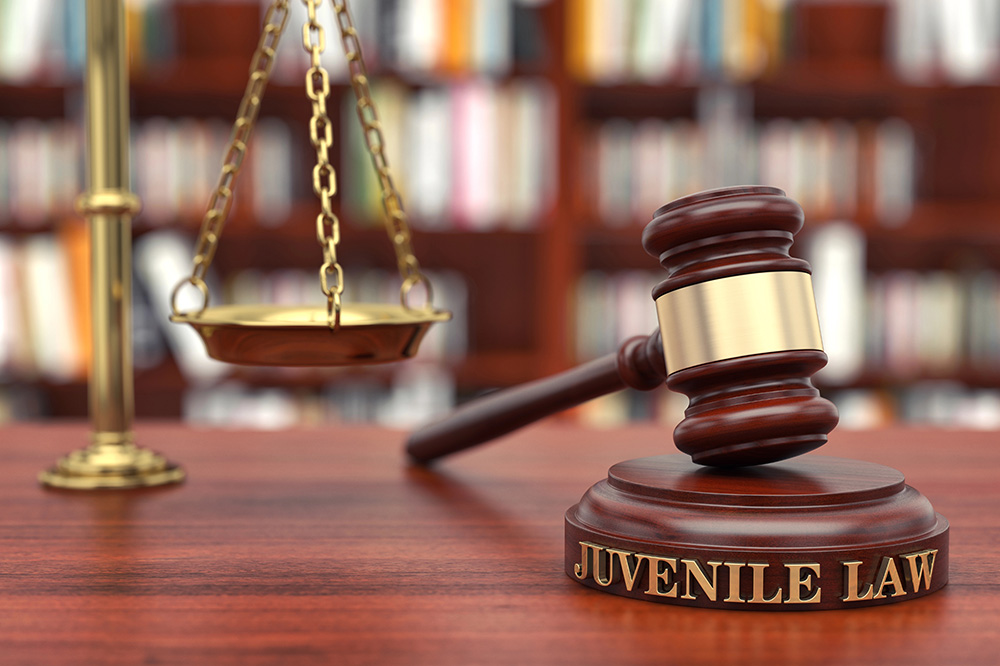Juvenile Sentencing Relief
The United States Supreme Court has been developing a body of law to give relief to juveniles who were transferred, tried, and convicted in adult court and who were sentenced to a term of years of which they could not survive. This development started with the United States Supreme Court holding it was cruel and unusual punishment and, therefore, a violation of the Eighth Amendment of the United States Constitution, to sentence one to death who is arrested as a juvenile but tried as an adult. The law continued to develop for juveniles who were transferred and tried as an adult and sentenced to a term of life without parole. The Supreme Court in Graham v. Florida held that such a juvenile could not be sentenced to a life without parole for a non-homicide offense. The court also held in Miller v. Alabama that under most all circumstances life without parole for a homicide offense would constitute cruel and unusual punishment. The only exception is where the defendant has been and remains incorrigible.
A significant majority of courts interpreting those cases around the country have also held that an aggregate sentence for a term that the defendant cannot expect to survive is in violation of the Eighth Amendment of the United States Constitution. The Appellate Courts have not developed the case law in Tennessee to any great extent yet, the attorneys at Knox Defense, are commonly found in the courts in Nashville and in Knoxville contesting such sentences.
A bill has been proposed before the Tennessee Legislature to address these issues. In the Senate it was sponsored and proposed by Senator Doug Overbey and also has been proposed in the House of Representatives. This law would apply to any juvenile currently being transferred to be tried in criminal court, and any juvenile who has previously been sentenced as an adult and has served at least 15 years for a non-homicide crime or 20 years for a homicide. The bill sets out 17 factors that the court in the first instance or the parole board (if the juvenile has already been convicted) are to consider when determining his sentence or his release on parole. Those are:
- Age at the time of the offense;
- Level of participation in the offense to what extent an adult was involved in the offense;
- The relationship between any abuse, neglect, or exploitation of the juvenile and the commission of the offense;
- Impulsivity and immaturity of the juvenile;
- Family and community environment;
- Ability to appreciate the risks and consequences of the conduct;
- Intellectual capacity;
- The outcomes, if available, of a comprehensive mental health evaluation conducted by an adolescent mental health professional licensed in this state, which includes family interviews, prenatal history, developmental history, social history, medical history, and a psychological evaluation;
- Peer or familial pressure;
- Ability to participate meaningfully in the person’s defense;
- Capacity for rehabilitation;
- School records and special education evaluations;
- Trauma history, including any adverse childhood experiences;
- Emotional, psychological, or physical maturity;
- Faith and community involvement;
- Involvement in the child welfare system; and
- Any other mitigating factor or circumstance.
Senator Overbey and the United States Supreme Court, particularly Justice Anthony Kennedy, have recognized that juveniles are different. The science has shown us that a juveniles brain is not well developed, and that a juvenile is less likely to be able to control his behavior and have inhibitions about committing crimes. For those reasons, the Supreme Court has decided, as has Senator Overbey and his proposed legislation, that juveniles should be sentenced differently and should be given a chance to be released back into society as productive members. Though the legislation doesn’t speak directly of this point, we assume that those being considered for parole would serve the rest of their given sentence if they are paroled.
Posted in Crime and Punishment, Juvenile Justice, The Rule of Law

FREE CONFIDENTIAL CONSULTATION

